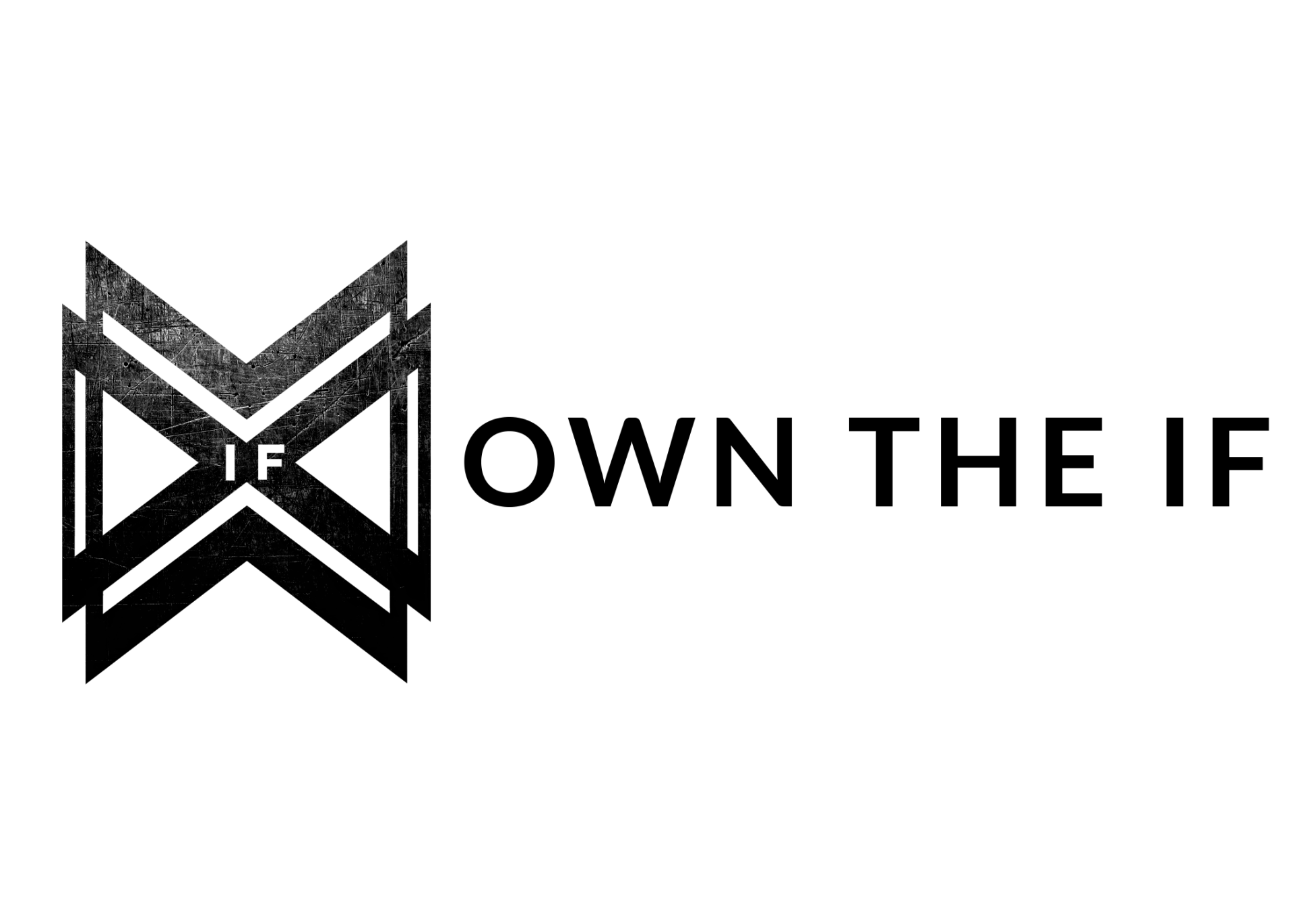Three weeks into the new year, and you’re either crushing your resolutions, slogging through them, or questioning why you made them.
Wherever you are, there’s one thing that can often get overlooked: your brain.
Think of your brain as your personal command center. Feeling foggy? Lacking motivation? Running on fumes? Those are the warning lights flashing on your brain’s dashboard, sending you hints that it’s time for a tune-up. When your brain is firing on all cylinders, everything else—focus, energy, resilience—just works better.
What if instead of doubling down on sheer effort (we’ve all been there), you instead took a moment to check the gauges? A few small adjustments to your brain’s health can lead to big results, helping you think clearer, feel sharper, and tackle life with less struggle.
Brain Health IS Mental Health
Your brain and mental health are deeply intertwined. When your brain is supported, it’s better at producing the neurotransmitters that regulate mood, energy, and focus. Neglect brain health, and it’s like trying to build a house with dull tools—frustrating, inefficient, and far more difficult than it needs to be.
Dr. Daniel Amen, psychiatrist and author, says:
By prioritizing brain health, you’re giving yourself a stronger foundation—not just for physical goals, but for emotional well-being and mental resilience too.
The Key Indicators on Your Brain’s Dashboard
Your brain’s dashboard is filled with gauges, some within your control and others that work behind the scenes. Today, let’s focus on seven key metrics. Here’s what they reveal, the warning signs to watch for, and how to get things running smoothly again:
1. Fuel it Well (Nutrition)
- Warning Signs to Watch For: Brain fog, fatigue, or energy crashes that leave you reaching for more snacks or caffeine.
- Science: Diets high in omega-3s, antioxidants, and whole foods support brain structure and function (Frontiers in Psychiatry). Processed foods and sugar spikes, on the other hand, can leave you feeling foggy and sluggish.
- How to Manage It: Add brain-friendly foods like fatty fish, spinach, blueberries, and nuts to your meals. Swap white bread or sugary snacks for whole grains and fresh fruit.
- Limit This: Ultra-processed foods—they’re like cheap gas for your car: quick energy but poor performance.
2. Hydrate to Think Clearly (Hydration)
- Warning Signs to Watch For: Difficulty focusing, irritability, or feeling mentally sluggish—even with enough sleep.
- Science: Studies in The Journal of Nutrition show that even mild dehydration can impair cognitive performance, especially memory and focus.
- How to Manage It: Aim for about half your body weight in ounces of water daily. If you’re active or sweating a lot, consider adding electrolytes.
- Limit This: Be mindful of drinks that are sugary, excessively caffeinated, or alcoholic, as they can dehydrate you and leave you feeling drained.
3. Move to Energize (Exercise)
- Warning Signs to Watch For: Feeling mentally sluggish, unmotivated, or like your thoughts are stuck in slow motion.
- Science: Exercise boosts blood flow and oxygen to the brain while increasing brain-derived neurotrophic factor (BDNF), which supports learning and memory (Neuropsychopharmacology).
- How to Manage It: Start small. A 20-minute brisk walk, a few stretches, or a quick dance session can make a big difference.
- Limit This: Avoid sitting for hours at a time—take regular movement breaks to keep your brain energized.
4. Rest to Reset (Sleep)
- Warning Signs to Watch For: Grogginess, poor memory, or feeling emotionally on edge, even after a full day of rest.
- Science: Sleep is your brain’s nightly reset, clearing out toxins and consolidating memories (Science Advances). Poor sleep disrupts emotional regulation and slows reaction times.
- How to Manage It: Set a consistent bedtime and create a calming wind-down routine—like reading, stretching, or listening to relaxing music—30 minutes before sleep.
- Limit This: Skip late-night screen time and caffeine after midday to avoid interfering with your sleep cycles.
5. Manage Your Stress (Nervous System Regulation)
- Warning Signs to Watch For: Feeling constantly overwhelmed, on edge, or emotionally drained.
- Science: Chronic stress can shrink your hippocampus (memory) and over-activate your amygdala (fear center) (Psychological Science).
- How to Manage It: Engage your parasympathetic (rest-and-digest) system with deep breathing exercises, meditation, or a walk outside.
- Limit This: Multitasking or doomscrolling can ramp up stress unnecessarily—take intentional breaks or set limits to reset.
6. Optimize Dopamine (Rewards System)
- Warning Signs to Watch For: Difficulty staying motivated, finding joy, or focusing, especially after overstimulating activities like binge-watching.
- Science: Research in Nature Neuroscience shows that excessive dopamine hits (like social media scrolling) can dull your brain’s reward system, making it harder to feel satisfaction.
- How to Manage It: Focus on small, satisfying accomplishments—like completing a task, hitting a step goal, or cooking a meal—that deliver natural, balanced dopamine rewards.
- Limit This: Reduce activities that provide constant dopamine hits, like endless notifications or marathon streaming sessions.
7. Stay Connected (Social Interaction)
- Warning Signs to Watch For: Feeling lonely, disconnected, or emotionally fatigued.
- Science: Regular social interaction strengthens neural pathways, reduces stress, and improves mood (The American Journal of Psychiatry).
- How to Manage It: Reach out to a friend, family member, or coworker. Schedule regular meetups or join a group with shared interests to create positive connections.
- Limit This: Spend less time with “energy vampires”—people or events who drain your mental and emotional resources without replenishing them. Prioritize connections that leave you feeling lighter, not heavier.
Bringing It Home
Your brain is your secret weapon, the foundation for everything—your goals, relationships, and ability to adapt to challenges. When it’s running at full capacity, life feels less like an uphill climb and more like a smooth ride. Think of it as upgrading your operating system: suddenly, what felt impossible starts to flow.
If something feels “off,” don’t push harder—pause and check your brain’s dashboard. Are you fueling it with the right foods? Sleeping enough? Hydrating? Moving your body? These small tweaks ripple out, boosting focus, energy, and emotional resilience.
Caring for your brain is about more than productivity. It’s about creating a life you deserve and showing up as your best self for the goals you’ve set and the people who matter most.
Start small. Choose one area to adjust today, and take that step forward. You’ve got this.
Related Content
Optimize Your Energy: Master the Ideal Caffeine Window for Better Sleep and Productivity


